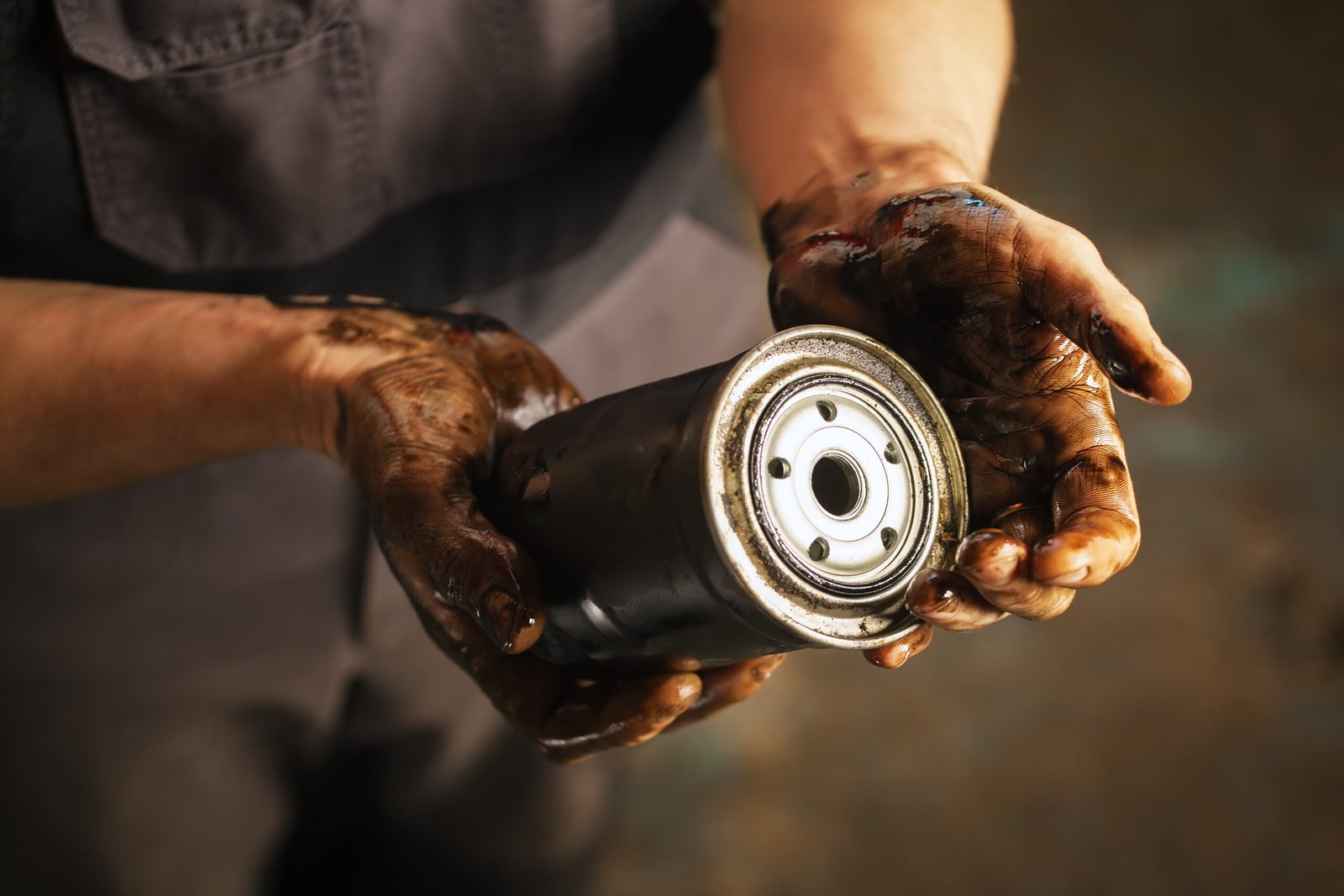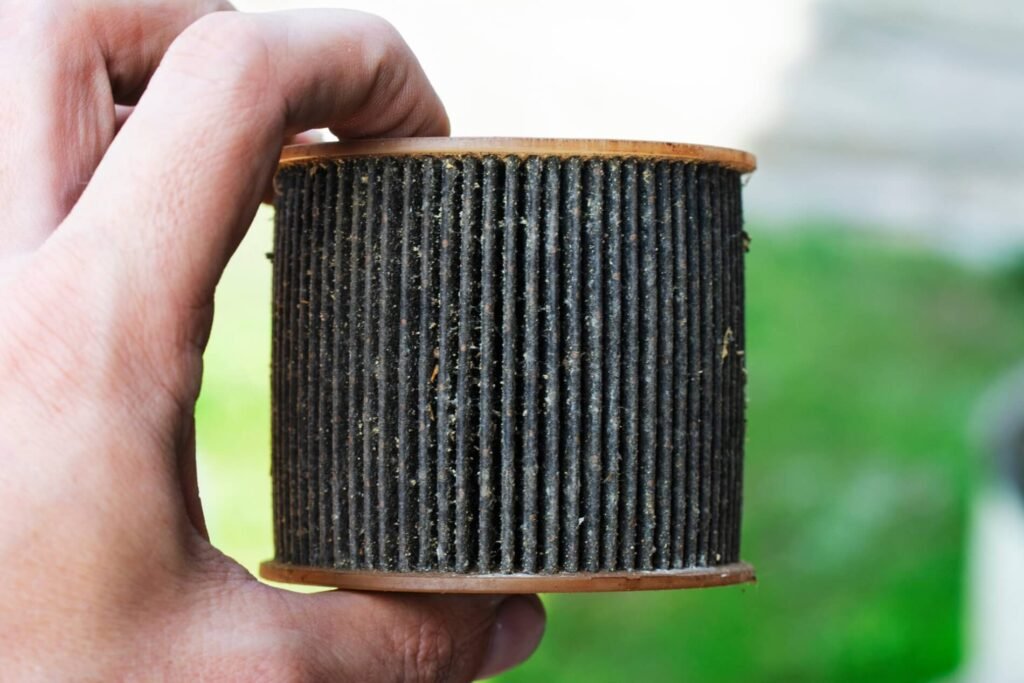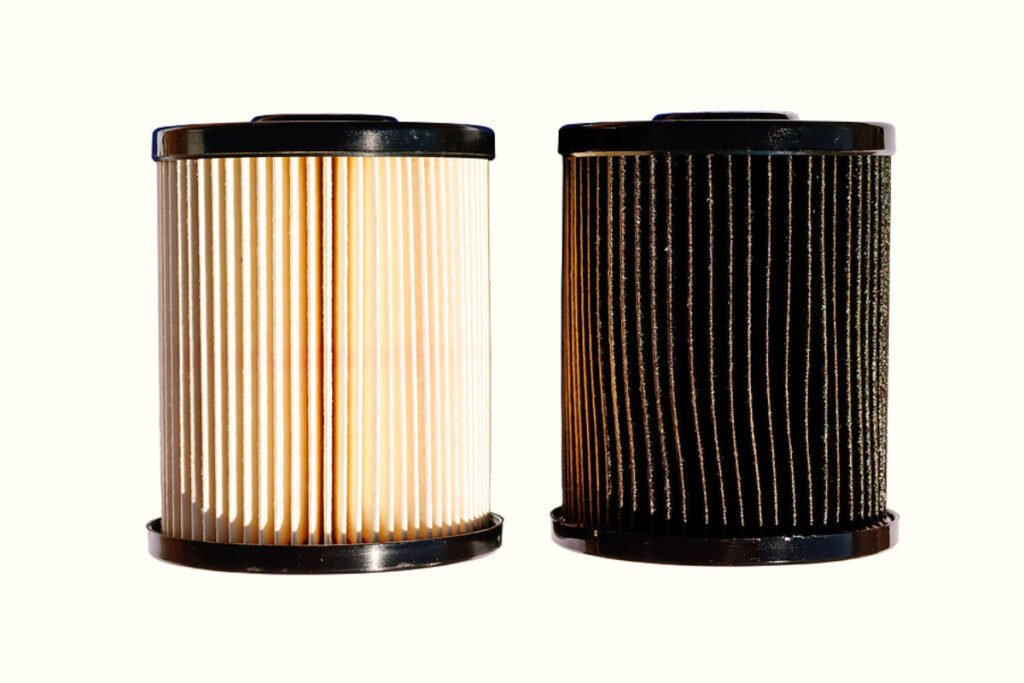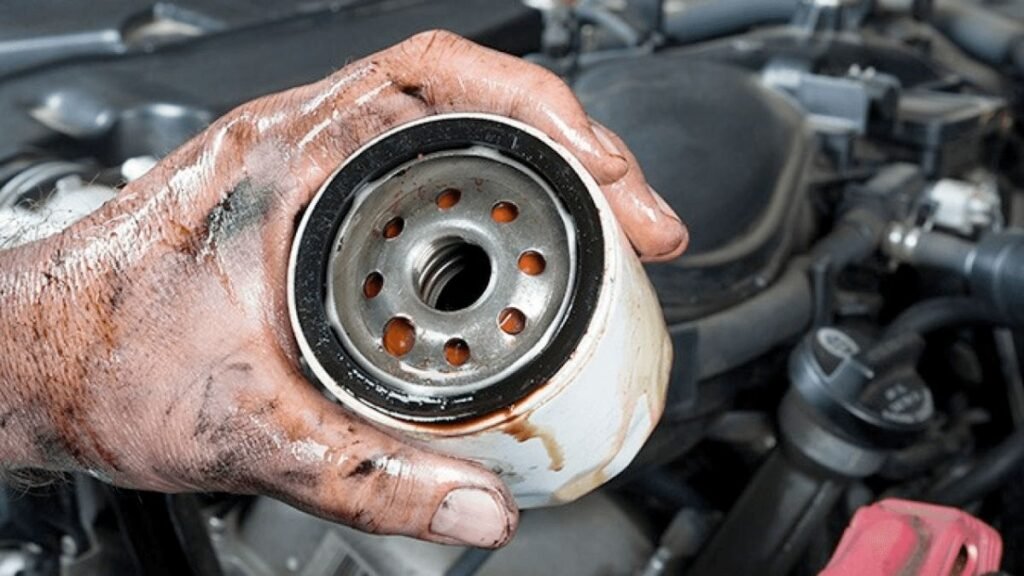Cart is empty!
Please add some product!
Shopping cart
Cart is empty!
Please add some product!

When it comes to maintaining a healthy engine, the oil filter plays an essential role that’s often underestimated. But what happens when this small yet crucial component gets clogged? In this article, we’ll uncover the truth behind Poor fuel efficiency, how they impact engine performance, and the steps you can take to prevent potential damage.

The oil filter is an integral part of your vehicle’s lubrication system. It cleans the engine oil, removing contaminants such as dirt, debris, and metallic particles that accumulate over time. This ensures that only clean oil circulates through your engine, lubricating parts and preventing wear and tear.
Recognizing the symptoms of a restricted oil filter, such as poor engine performance and low oil pressure, can prevent significant engine damage. Here are some red flags to watch for:
Yes, a Blocked oil filter can significantly damage your engine over time. Here’s how it happens:

Regular oil and oil filter changes are key to extending your engine’s lifespan. Let’s dive into why staying on top of this maintenance is crucial:
Replacing an oil filter is inexpensive compared to the cost of repairing or replacing a damaged engine. Preventative maintenance pays off in the long run.
Clean oil keeps your engine running smoothly, reducing friction and promoting better fuel efficiency.
Performing a simple inspection can help identify problems early:

How long can you drive with a Obstructed oil filter?
It’s not recommended to drive with a clogged filter. Ignoring the problem could lead to severe engine damage in just a few hundred miles.
What causes an oil filter to clog quickly?
Using low-quality oil, driving in dusty environments, or neglecting regular oil changes can cause a filter to clog faster.
Can a Jam-packed oil filter cause a misfire?
Yes, insufficient lubrication can lead to engine misfires or rough idling.
Is it okay to change the oil filter without changing the oil?
While it’s better to change both simultaneously, you can replace just the filter in a pinch. However, make sure to top up the oil if needed.
What are the signs of oil starvation in an engine?
Increased noise, reduced power, and the oil pressure warning light are signs of oil starvation, which can be caused by a clogged filter.
How do you properly dispose of an old oil filter?
Take it to an auto shop or recycling center. Never throw it in the trash, as it contains harmful contaminants.
Can a Stuffed oil filter affect fuel efficiency?
Yes, a poorly lubricated engine works harder, consuming more fuel.
What happens if you use a cheap oil filter?
Low-quality filters may not trap all contaminants, reducing the effectiveness of your engine’s lubrication system.
Why does my oil look dirty right after an oil change?
This could indicate leftover contaminants from a clogged filter or the presence of sludge in your engine.
Comments are closed